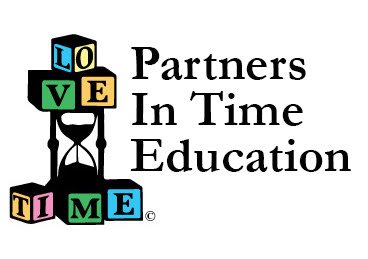Giving HOPE to our children…
One of the greatest needs our children have is to have hope with the ability to look to the future. So many children seem to be overwhelmed. Life over the years has become very busy and complicated for families to navigate. Simple living is worth the struggle to strive for yet it is sometimes difficult to live outside of triage.
triage: transitive verb - Merriam -Webster - the assigning of priority order to projects on the basis of where funds and other resources can be best used, are most needed, or are most likely to achieve success.Our children feel the same way… from sibling arguments and learning to share…to finding friends that have the same values and beliefs… to working with satisfaction… and MORE!
Learning how to provide hope to our children is truly derived through empathy. The more we provide our children with empathy, the more hope resonates in their little bodies, mind and heart.
When we provide empathetic statements to our children, they find a future and hope for making amends for the wrongs and they hear our love and support of them.
“Empathy requires a strong conviction that we cannot fix others, but that life’s challenges are gifts that build maturity. It is only through empathetic responses can we reach our kids and help them to learn how to handle life’s challenges. Pick Just One Love and Logic Empathetic Response and Use It Repeatedly. When delivering empathetic responses, the delivery is as important as your actual words! AVOID SARCASM AT ALL COSTS!” -Dr. Charles Fay
Empathy and empathetic responses teach our children that we care about them. According to Love and Logic - empathetic responses sound and look like this:
“This is so sad.” “Bummer.” “Ohhhh…this is hard.”
I also will add some emotion with the empathetic response… A Wow or Oh My to let my children know that I can feel for them as they are in the midst of their struggle.
Family Matters Education states: A “Sounds like…” or “Looks like…” is also an avenue to show empathy to your children.
When we say, “ Sounds like you are sad about your friend moving away.” or “Oh my goodness, having your sister knock over your blocks can be really frustrating.” allows for your children to think and have a conversation with you. When delivering an empathic response, I always wait for the child to respond before I continue with any other comments. I want them to feel my empathy as they plan their next move.
“Oh WOW, you must have been really upset to yell at your brother like that.” Make a way for them to solve the problem and make amends.
Our children need to view a future of learning how to get along, make restitution when they make a mistake. They need to see recovery from those mistakes and to know that mistakes are a part of life and learning.
Photo by Kevin Malik: https://www.pexels.com/photo/white-surface-with-written-word-9016970/

